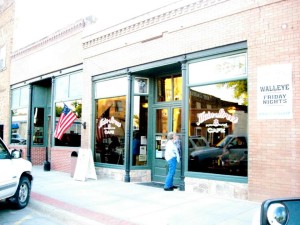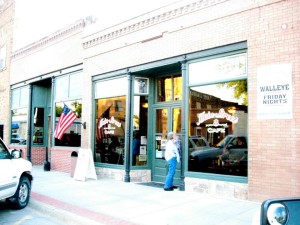 One of the frustrations of a short-form essay is that you don't get to say all the things you'd like to say about the topic. This in turn leads to responses which actually end up saying many of the things you'd have liked to say if only you had more space. So it is with the responses to my Why We Need Small Towns essay published recently at Rod Dreher's blog and at Brian Gumm's Restorative Theology.
One of the frustrations of a short-form essay is that you don't get to say all the things you'd like to say about the topic. This in turn leads to responses which actually end up saying many of the things you'd have liked to say if only you had more space. So it is with the responses to my Why We Need Small Towns essay published recently at Rod Dreher's blog and at Brian Gumm's Restorative Theology.
The essential point raised in both responses is that it's lovely to speak of the necessity of small-town life and of what small towns can teach us, but if we don't have a plan for participating in and preserving the economic life of small towns, we are radically unprepared to actually act upon any of our words in any meaningful way. That's a true point, and certainly one deserving of a response.
To begin, small towns may not be as doomed economically as they're sometimes made out to be. One of the blessing of the foodie craze is that more and more young people are looking to farm. While it's true that the food fad has inspired lots of silliness, it has also pushed us toward a greater awareness of our dependence upon creation and our responsibility to steward it affectionately--and for that we ought to give thanks.
Login to read more
Sign in or create a free account to access Subscriber-only content.
Topics:
